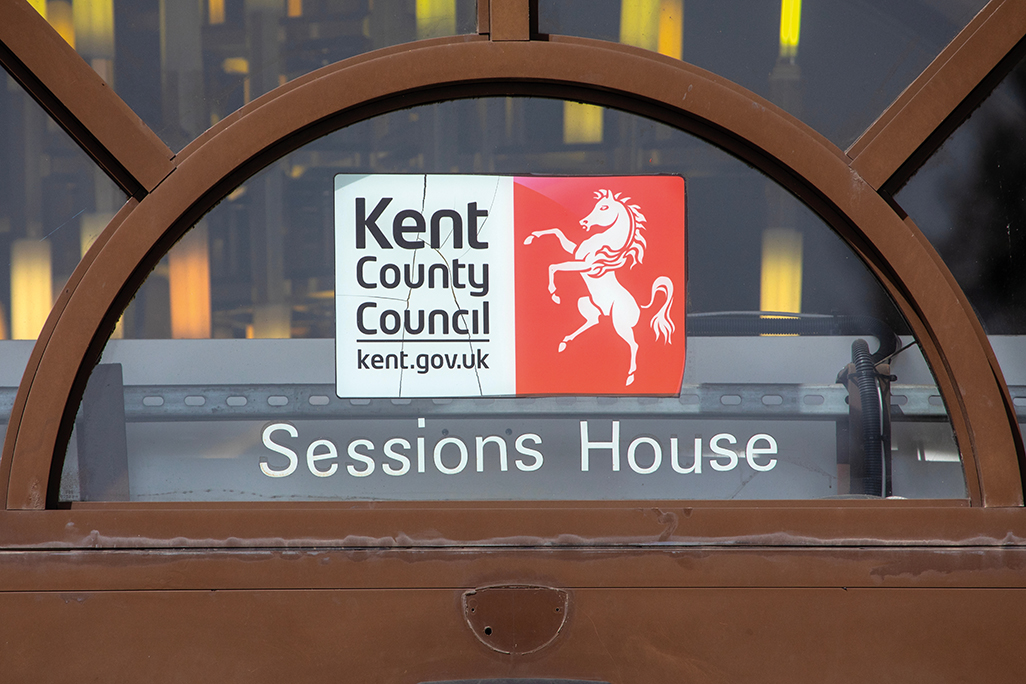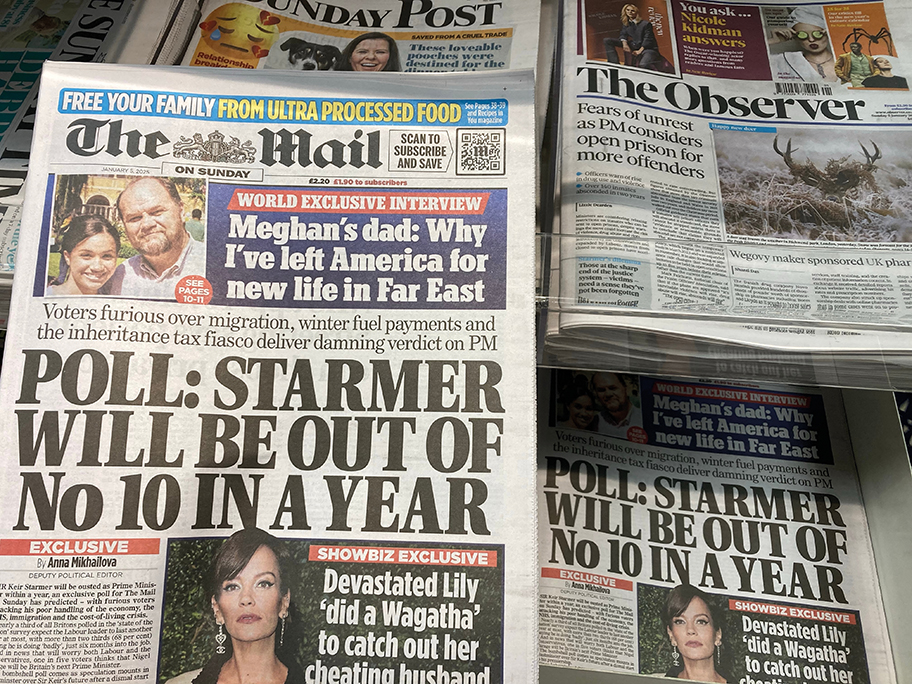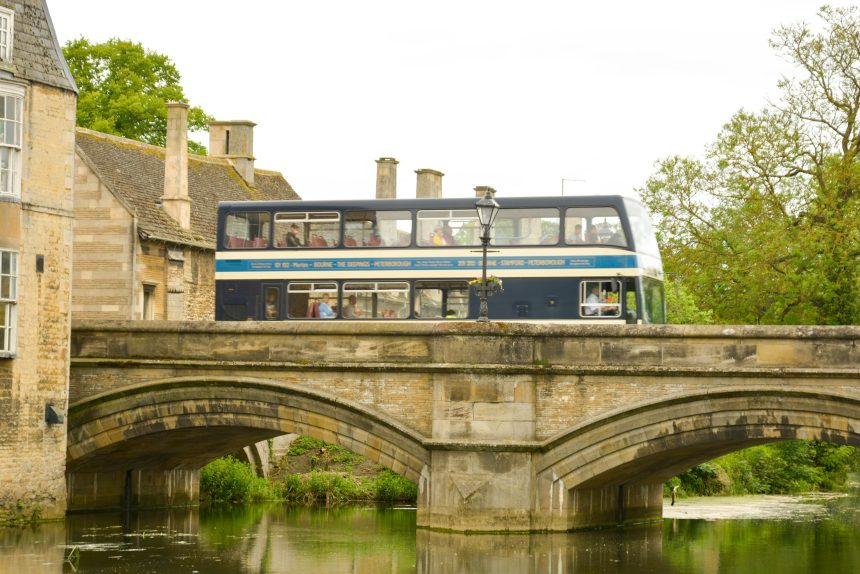So the Bus Services (No 2) Bill, implementing the government’s bus reforms, principally around the franchising regime, has started its passage through Parliament and secured its second reading in the House of Lords on 8 January.
The debate seemed to be reassuringly well-informed, although a few things struck me in the comments made by various peers.
First, I was a little surprised to hear the Conservative transport spokesman, Lord Moylan, describe the Bill as ideologically driven and backward-looking.
I understand why he may want to make that point for political reasons, but is it true?
For sure, the Labour Party has always been opposed to bus deregulation, but this Bill does not end deregulation; it just makes the process of bus franchising somewhat more straightforward for those authorities that want to go down that route. It does not compel them to do so.
Indeed, Lord Hendy specifically recognised that many authorities won’t want to take up the franchising option. In that sense, I think it’s a bit of a stretch to describe the Bill as ideological.
The reality is that most authorities simply are not going to be able to afford franchising in the first place
That would be a fair criticism if franchising was imposed on authorities in some kind of drive for complete reregulation but that is not what this Bill does.
It’s also worth remembering that the previous Conservative government became far more sympathetic to the concept of franchising, with Boris Johnson and, when he was Secretary of State for Transport, Grant Shapps, both extolling the virtues of bus franchising from time to time.
If this Bill is backward-looking then is Lord Moylan suggesting the previous Conservative government’s willingness to embrace franchise was also thus?
How will bus franchising be funded?
Secondly, and perhaps the most important point made by a number of peers, is the thorny issue of funding. As Labour peer Lord Snape pointed out, last year Transport for London spent some £840 million on its regulated bus services so, as he said, franchising does not come cheap.
Further, as other peers pointed out, Greater Manchester Combined Authority was able to proceed with its franchising proposals thanks to substantial funding from the government in the order, apparently, of £1 billion.
The reality is that most authorities simply are not going to be able to afford franchising in the first place. The country’s economic situation has seemingly worsened recently with the cost of servicing the government debt climbing alarmingly.
Thus, the chances of authorities securing significant extra funding to proceed with any franchise scheme, should they wish to introduce one, seem slim in the extreme.
Kent County Council concerns
In this context, it’s worth noting what Kent County Council has said recently on bus franchising: “The cost of franchising, based on the current model, is too expensive for a significant number of authorities, when considering the resources required to prepare the franchise assessment and that national funding may not be available for forward delivery/implementation of the network improvements….
“Even with changes to bus franchising, the franchising of a network is a long-term commitment and should KCC wish to pursue this option in the future, it will have to assure itself that it has the financial resources to first prepare a franchising assessment and then subsequently deliver a network.
“The Buses Bill will reduce the cost of the assessment process, but it will still be a significant cost and involve significant consultant time.”
So, Kent County Council has decided that it will not be pursuing franchising, and I have a strong hunch that many other authorities, indeed probably the majority outside of the combined authorities, will take the same approach.

The former Secretary of State for Transport’s wish to see bus franchising in every community is, I’m sorry to tell her, a pipe dream.
I mentioned the worsening economic situation. There is growing speculation that the Chancellor is going to have to either increase taxes again or impose some quite severe spending cuts as a result.
Personally, I can’t see that further increases in taxes are a viable option, either economically or politically, so spending cuts seem to be her only option.
This is all happening just as the Comprehensive Spending Review is getting into full swing, and it’s worth remembering that, even before this latest development, government departments were under instruction from the Treasury to find savings in the order of 5%.
I have a hunch that savings in excess of this, perhaps significantly so, may now be required.
Labour’s poor start
I think it’s fair to say that things have not gone according to plan for this government pretty much since the outset. The opinion polls already make dire reading for Labour, just six months after the general election.
Further, it’s worth highlighting that, since the election Labour has lost 23 council seats while the Conservatives have won 24.
Keir Starmer’s own personal poll rating has collapsed, so much so that, extraordinarily, there has even been the odd whisper about whether he will still be leader at the time of the next election.

One or two political commentators are even suggesting he might call an election in 2027 rather than wait until 2029, citing age as a consideration.
He will be 67 in 2029 so the theory goes that he will go early in an attempt to secure a second term and then stand down at some point in the next parliament.
Mind you, I think it’s already questionable whether Labour will win the next election, notwithstanding its huge parliamentary majority.
Extraordinary, isn’t it? In all the years that I’ve been following politics, I can’t recall a time when the fortunes of a new government have fallen so far, so fast.
Might Labour’s fortunes recover? Of course they might and there is still plenty of time for Mr Starmer to turn things around even if he does decide to call an election earlier than needs be. But, today at least, it’s hard to see how.
























